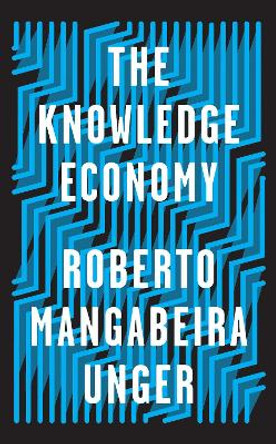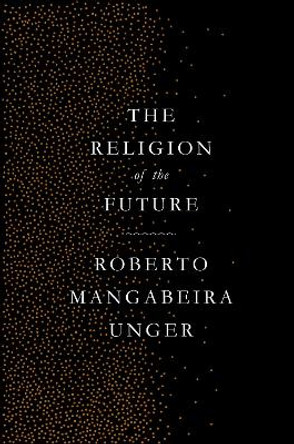He argues for the reconstruction of legal analysis as a discipline of institutional imagination. He shows how a changed practice of legal analysis can help us re-imagine and reshape the dominant institutions of representative democracy, market economy and free civil society. The search for basic social alternatives, largely abandoned by philosophy and politics, can find in such a practice a new point of departure. Unger criticizes the dominant, rationalizing style of legal doctrine, with its obsessional focus upon adjudication and its urge to suppress or contain conflict or contradiction in law. He shows how we can turn legal analysis into a way of talking about the alternative institutional futures of a democratic society. The programmatic proposals of Unger's Politics are here placed within a wider field of possibilities. A major concern of the book is to explore how professional specialties such as legal thought can inform the public debate in a democracy. The book exemplifies this connection: Unger's arguments are accessible to those with no specialized knowledge of law or legal theory.
Roberto Mangabeira Unger brings together his work in legal and social theoryAbout the AuthorRoberto Mangabeira Unger is one of the leading philosophers and political thinkers in the world today. He is also active in Brazilian public life and has served twice as Brazil's Minister of Strategic Affairs, charged with developing initiatives that signal a direction for the country. Verso has published much of his work: in philosophy (
The Religion of the Future), in social theory (
False Necessity, Social Theory: Its Situation and Its Task, and
Plasticity into Power), in political economy (
The Knowledge Economy), and in legal theory (
What Should Legal Analysis Become?).Book InformationISBN 9781859841006
Author Roberto Mangabeira UngerFormat Paperback
Page Count 198
Imprint Verso BooksPublisher Verso Books
Weight(grams) 390g
Dimensions(mm) 234mm * 157mm * 15mm






